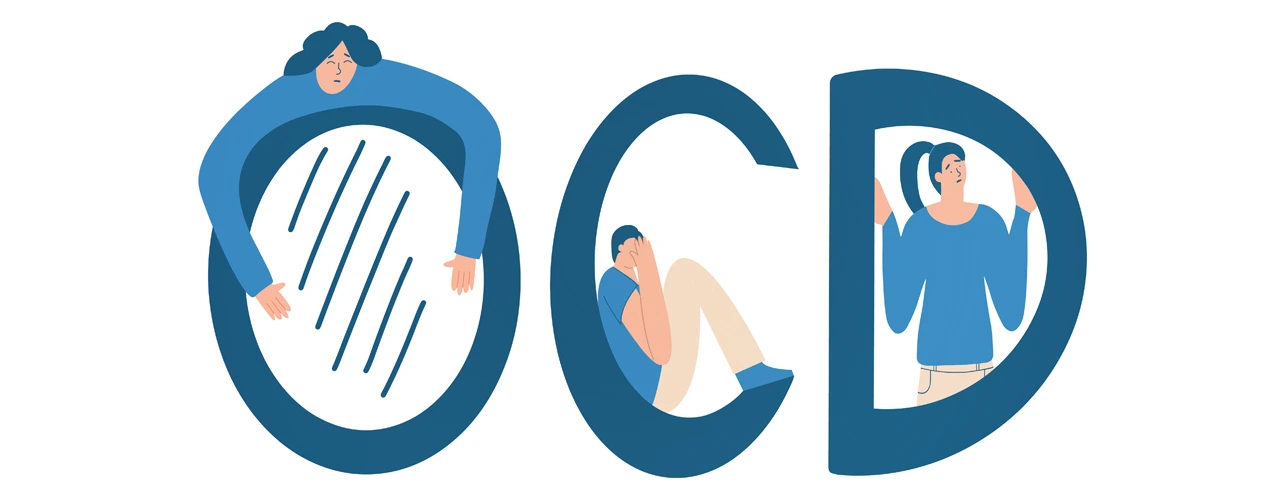ADHD in women often goes unnoticed for years. Unlike the stereotypical image of a hyperactive young boy, ADHD in women tends to manifest more subtly, leading to frequent misdiagnosis or being completely overlooked. If you’ve ever felt like you’re constantly overwhelmed, disorganized, or emotionally drained despite your best efforts, you might be living with undiagnosed ADHD.
What Is ADHD in Women?
Attention-Deficit/Hyperactivity Disorder (ADHD) is a neurodevelopmental condition that affects focus, impulse control, and emotional regulation. While often associated with children—particularly boys—ADHD in women is real and often misunderstood.
Women and girls with ADHD are more likely to experience the inattentive subtype. Rather than being disruptive or overly active, they may appear distracted, forgetful, anxious, or disorganized—traits that are often chalked up to personality flaws or stress rather than neurodivergence.
Signs and Symptoms of ADHD in Women
Recognizing the symptoms of ADHD in women can be challenging, as they often blend into the background of everyday life or mimic other conditions like anxiety or depression. Common ADHD symptoms in women include:
- Chronic disorganization at work or home
- Difficulty following through on tasks
- Forgetfulness and misplacing things
- Emotional sensitivity and mood swings
- Poor time management and procrastination
- Trouble prioritizing and completing projects
- Constant mental chatter or daydreaming
- Feeling overwhelmed by daily responsibilities
- Impulsivity, such as interrupting or overspending
- Exhaustion from masking or compensating for symptoms
These symptoms can intensify with life transitions like starting a career, motherhood, or menopause, where increased demands reveal previously manageable ADHD traits.
Why ADHD in Women Is Often Misdiagnosed
ADHD in girls and women has historically been underdiagnosed. Why?
1. Gender expectations: Society often expects women to be organized, calm, and nurturing. When they struggle, their challenges are blamed on personality or emotional issues.
2. Internalization: Women with ADHD are more likely to internalize their symptoms, resulting in anxiety, low self-esteem, or depression rather than hyperactivity.
3. Compensation and masking: Many women develop coping mechanisms like perfectionism or people-pleasing, which can mask underlying ADHD.
As a result, women are often diagnosed with anxiety or depression before diagnosing female ADHD is even considered.
Treatment for Women with ADHD
The good news? Once diagnosed, ADHD in women is highly treatable. Treatment options include:
- Medication: Stimulants or non-stimulant ADHD medications can help regulate focus and impulse control.
- Therapy: Cognitive Behavioral Therapy (CBT) and coaching can address self-esteem issues, emotional regulation, and executive functioning.
- Lifestyle changes: Exercise, mindfulness, and structured routines can improve day-to-day functioning.
- Early intervention and a tailored approach are key. Taking an ADHD test for women can be the first step toward understanding your brain and finding strategies that work.
Frequently asked questions
What does undiagnosed ADHD look like in women?
It often looks like chronic stress, overwhelm, forgetfulness, and emotional exhaustion. Many women feel like they’re failing despite trying their best.
How do I know if I have ADHD as a female adult?
Start by noticing patterns—do you frequently feel disorganized, forgetful, or overwhelmed? If these symptoms interfere with daily life, an ADHD in women checklist or a professional assessment can help.
Is there a female ADHD checklist?
Yes, there are many online tools can help you screen for symptoms. Our comprehensive ADHD in women checklist can help you better understand whether your experiences align with ADHD traits. Be sure to follow up with a licensed provider for a formal diagnosis.
How does ADHD present in introverted or quiet women?
Quiet women with ADHD may show internal symptoms like frequent daydreaming, mental distractions, forgetfulness, and low drive rather than outward hyperactivity or impulsivity, making diagnosis more difficult.
What are the signs of high-functioning ADHD in women?
High-functioning ADHD in women involves hidden struggles like disorganization, forgetfulness, or restlessness, masked by routines, reminders, and intense effort to appear composed, focused, and capable in daily life.If you’re resonating with these symptoms and wondering whether ADHD might be part of your story, consider starting with an ADHD test for women and exploring the process of diagnosing female ADHD. Understanding your brain is the first step toward unlocking your full potential.












































